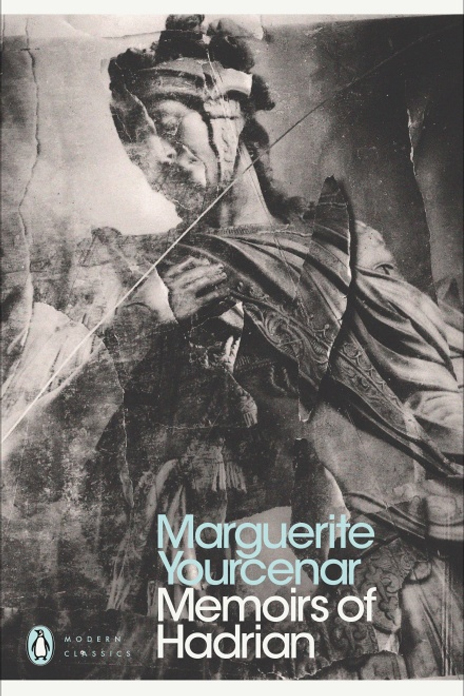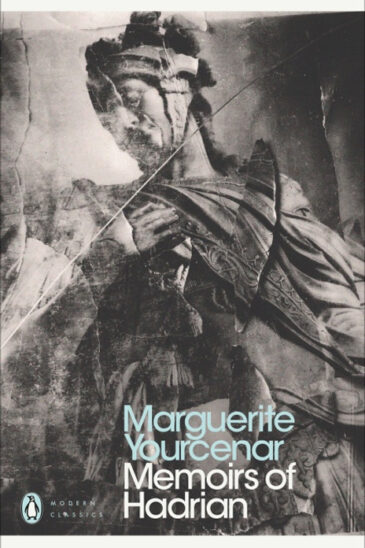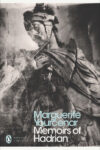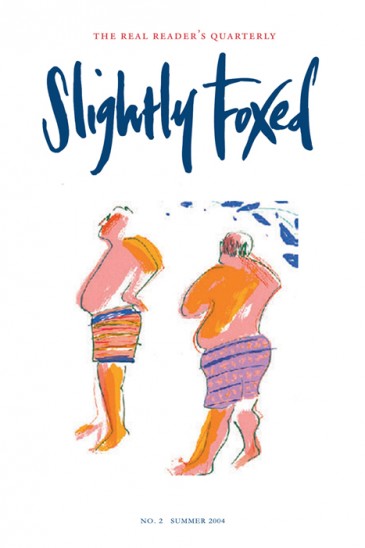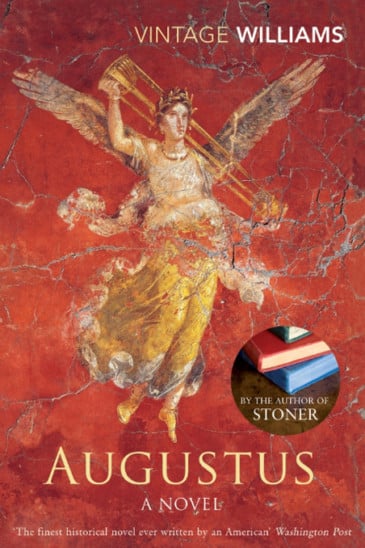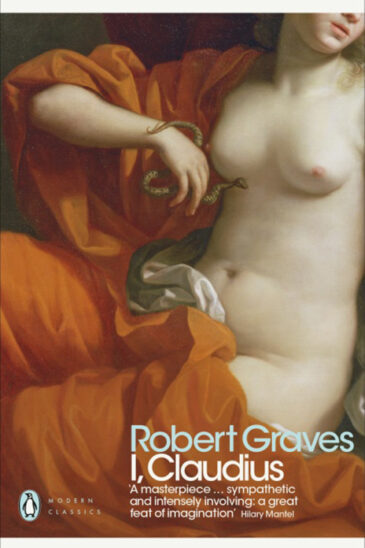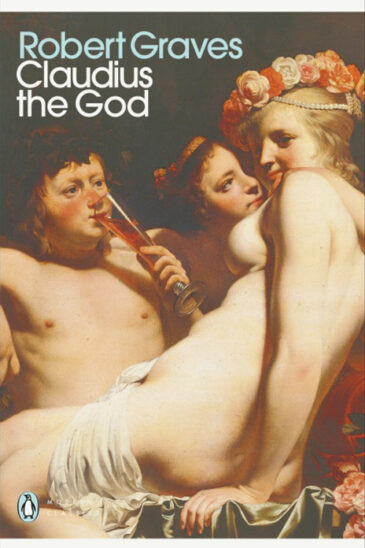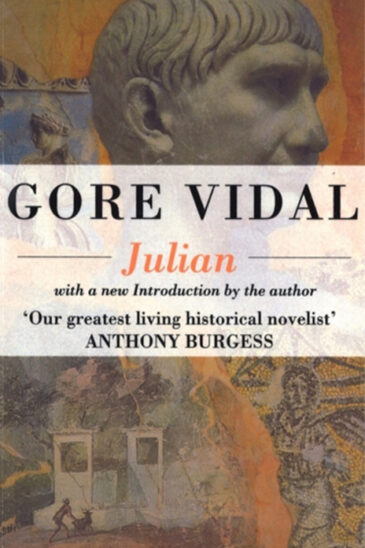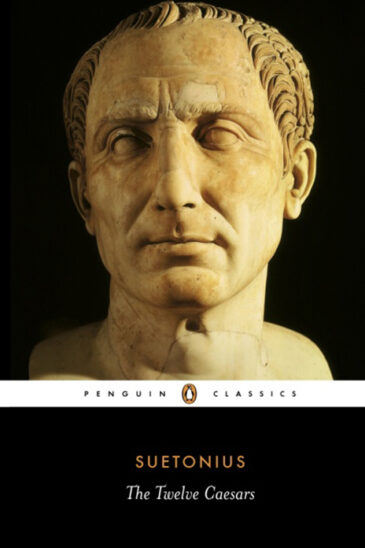Framed as a letter from the Roman Emperor Hadrian to his successor, Marcus Aurelius, Marguerite Yourcenar’s Memoirs of Hadrian is translated from the French by Grace Frick.
In her magnificent novel, Marguerite Yourcenar recreates the life and death of one of the great rulers of the ancient world. The Emperor Hadrian, aware his demise is imminent, writes a long valedictory letter to Marcus Aurelius, his future successor. The Emperor meditates on his past, describing his accession, military triumphs, love of poetry and music, and the philosophy that informed his powerful and far-flung rule. A work of superbly detailed research and sustained empathy, Memoirs of Hadrian captures the living spirit of the Emperor and of Ancient Rome.
Marguerite de Crayencour (1903-88), who went by the inexact anagrammatic pen name ‘Marguerite Yourcenar’, was a Belgian-born French novelist and essayist, the first woman to be elected to the Académie française. When Mémoires d’Hadrien was first published in 1951, it was an immediate success and met with great critical acclaim.
‘Yourcenar conjures worlds. She can make us share passion – for beauty, bodies, ideas, even power – and consider it closely at the same time. She is that most extraordinary thing: a sensual thinker’ Independent on Sunday
‘A timeless masterpiece . . . every page is informed by her profound scholarship’ Paul Bailey, author of Gabriel’s Lament
‘One of the most impressive acts of empathic imagining I have come across; a convincing account of what it was like to see 2nd-century Rome through the eyes of its ruler. It’s Hadrian’s self-portrait: an account of his successes and failures in war, peace and love, and of his views on everything from the nature of the afterlife to the contents of a good meal.’ The Times
Hadrian to the Life
My first encounter with Memoirs of Hadrian was during a brief holiday in Andalusia. As I drove north from Málaga into the snow-covered hills, my husband turned to the first page. Within a sentence...
Read moreOn the Lost Isle
Some months ago I became a British citizen. This wasn’t such a stretch for a native of the States, but it put me in mind of other transplanted people and I have been rereading some old favourites...
Read moreThe Price of Power
Octavian laid down the ideological and institutional framework which would sustain that empire for the next 400 years. He died aged 76 in AD 14 having been granted the honorific title of Augustus...
Read more




